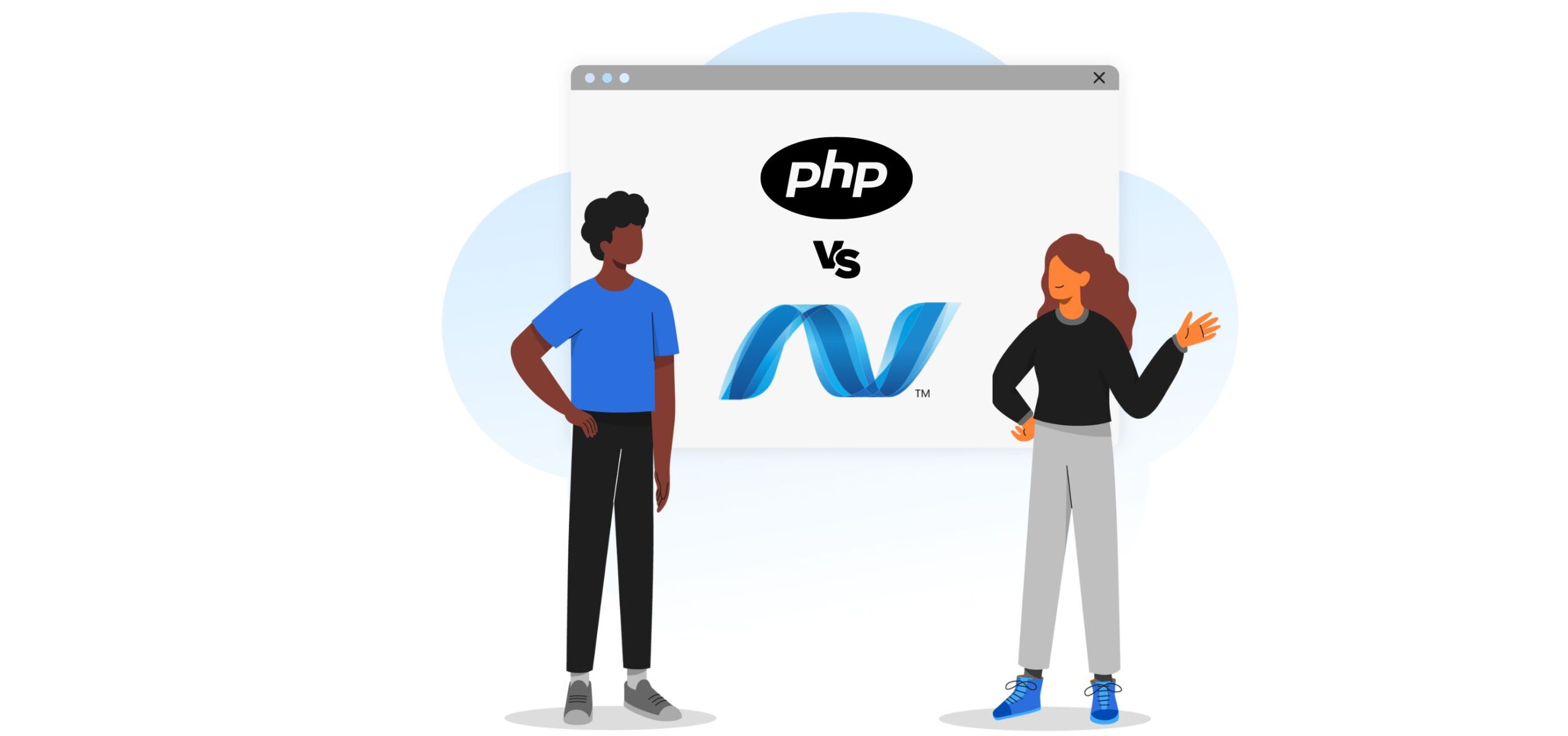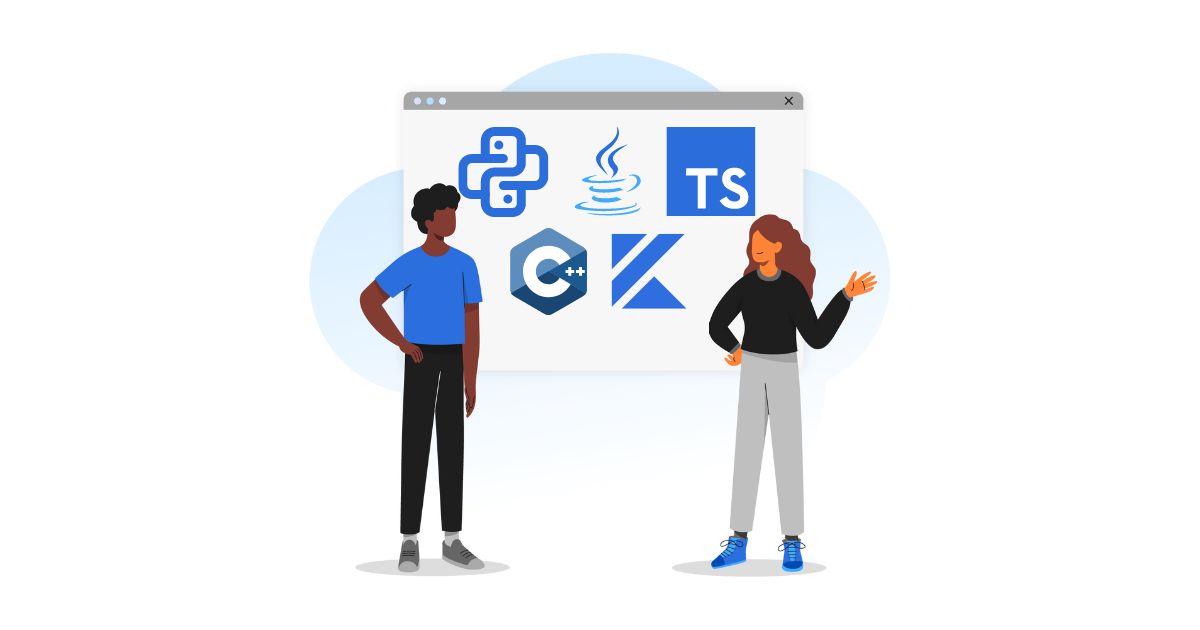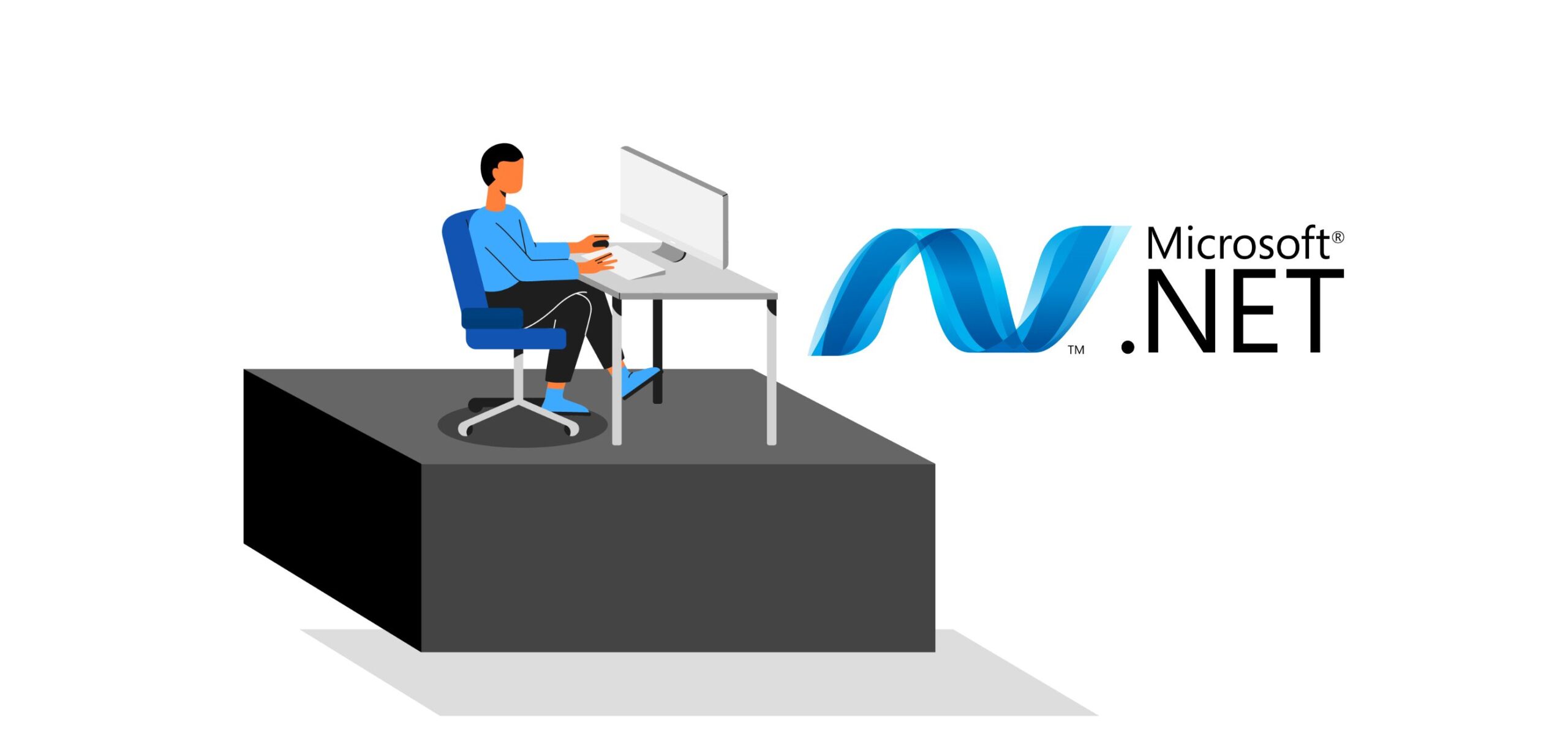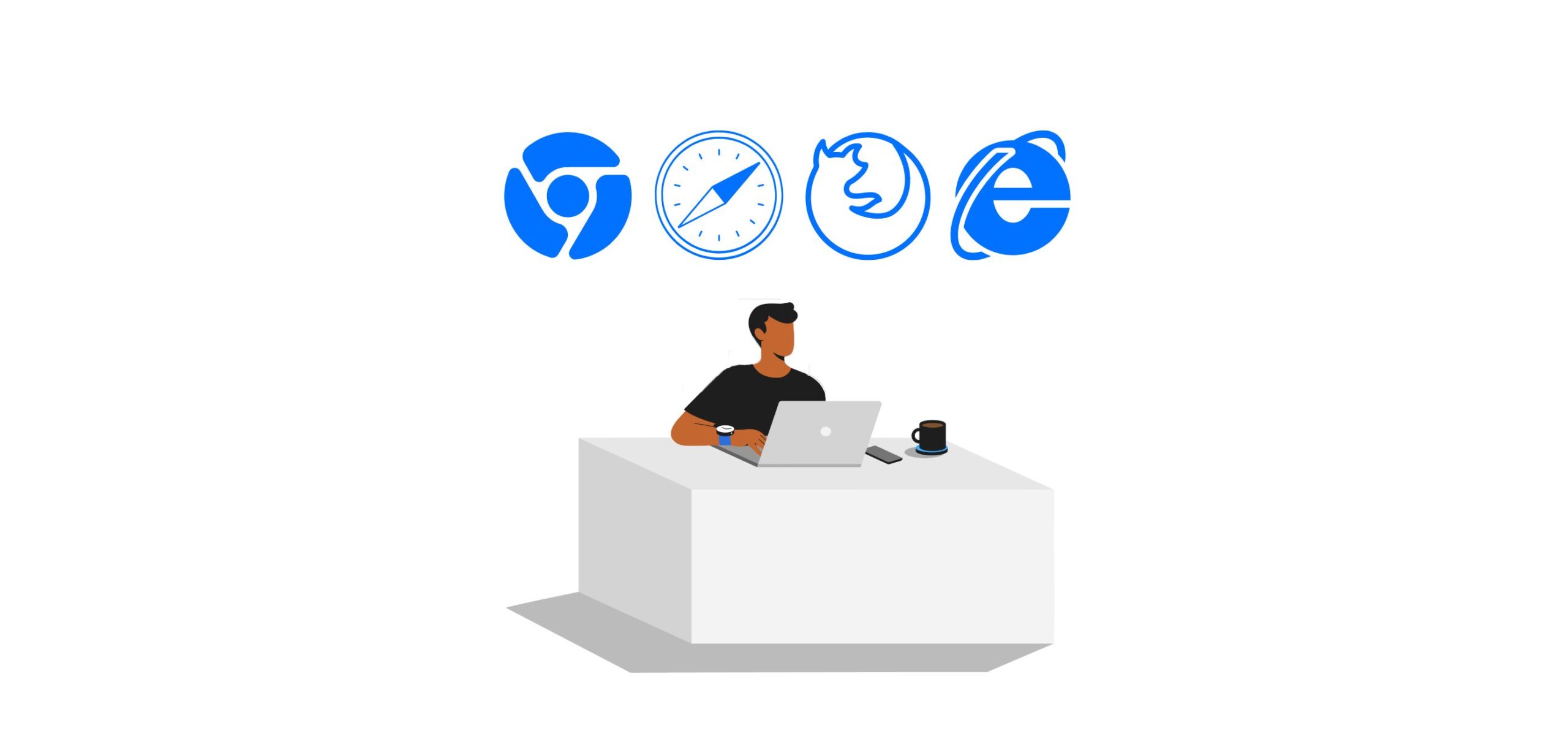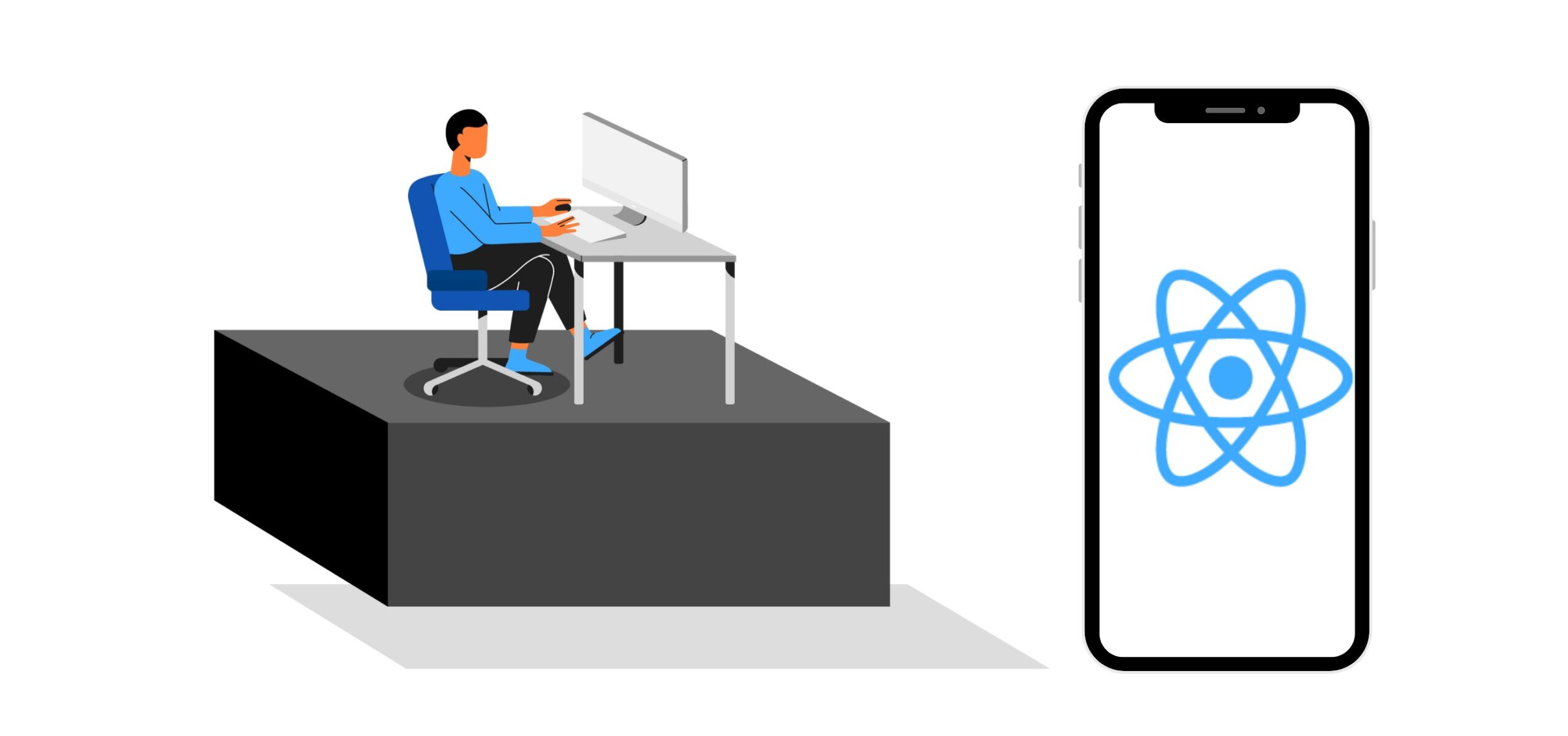7 Advantages of Node.js to Startups You Must Know
Did you know that top companies like Netflix, NASA, LinkedIn, Yahoo, Walmart, and PayPal use Node.js? Many other notable organizations also prefer Node.js for their development processes. But why is Node.js so popular? What are the top Node.js advantages you must know? Besides being built on a high-caliber open-source JavaScript engine with a non-blocking I/O paradigm, below are seven advantages of Node.js to startups.
Why do startups use Node.js?
-
Node.js advantages: Easy to learn and use
Node.js is an open-source, cross-platform, back-end JavaScript runtime environment. A basic understanding of JavaScript and Object-Oriented Programming should get you to a good start in learning Node.js.
Gaining clarity on the client-server model and the Node’s asynchronous flow is challenging for many. But, the environment becomes a lot more comprehensible once you master these aspects.
Platforms like GitHub offer several interactive and comprehensive courses, tutorials, and examples on Node.js. These resources help developers better understand the runtime environment.
Referencing these platforms can help you speed up your learning process and make learning Node.js exciting. -
Low complexity
It is challenging to switch between the back-end and front-end, primarily when different developers handle these parts. The backend developer would submit their development design to the frontend engineer for feedback.
If there were an issue with the code, the front-end engineer would ask for a fix, which is not a smooth procedure. Node.js takes away such hassles because it supports both frontend and backend development processes.
Also, apps written in Node.js require less code and fewer files compared to other languages that are only adaptable to either frontend or backend processes. What’s more, it’s possible to reuse and share your app’s front-end design and back-end code with Node.js. -
Node.js advantages: Faster launch
It takes months to develop a process, but it can take longer to launch that process. In between, developers have to iterate and repeatedly test, which is frustrating. Interestingly, developers can significantly shorten the time-to-market cycle with Node.js.
Node.js is quite lightweight. The JS runtime environment reduces the application development time to allow more testing within shorter periods. And so, Node.js users can quickly transit between idea and product. -
Better scalability
Scalable businesses, especially companies built around an app, need a framework that supports growth and expansion. Node.js is scalable, and thus, many startups prefer it over other environments.
Besides, with Node.js, you can build a simple framework that you can conveniently scale when necessary.
Several features are responsible for Node’s scalability, including its capability to balance loads and handle many simultaneous connections. Plus, Node.js apps support horizontal and vertical scaling.
Additionally, companies can use Node.js to build a standalone framework independent of its main system and then scale it separately. -
Node.js advantages: Reduced cost
Node.js allows developers to use the same programming language in both the frontend and backend, saving a company time and the cost of onboarding several developers.
In many cases, startups using Node.js don’t have to hire software developers with varying skill sets. Onboarding a developer who understands the nitty-gritty of Node.js is enough. This developer can usually handle the bulk of the operations. -
Microservice development
Using Node.js for microservices comes in handy, with perks like improved speed and safety for writing code, customer count scaling, comprehensive A/B testing capabilities, and facilitated customer feedback. -
Node.js advantages: Community
Having a community comes with many perks. A community can help you find people with similar issues and solutions. But more importantly, communities can help you bond with other professionals in a node development community and have your questions answered.
Node’s ecosystem operates NPM (Node package manager), which serves as modules for Node.js packages. Members can access reusable templates, libraries, and modules to develop any kind of process they envisage.
Why does Node.js stand out? When should I use Node.js?

When should I use Node.js?
Node.js is notable for building fast and scalable network applications, processing real-time data operations, etc. The runtime environment is easy to learn and implement, making it a top choice by many developers.
Node.js is useful for the following:
-
Real-time web applications
-
Chat programs
-
Streaming applications
-
Messaging apps
-
Multiplayer games
-
Social media apps
-
Virtual emulators
-
Collaboration tools
So why is Node.js so popular?
Startups trust Node.js because of its benefits. The platform is easy to use and has a solid community you can rely upon. The best part? You don’t need a large budget to use Node.js.
Check the features below if you want to use Node.js for your startup:
-
Efficient performance
-
Easier development process
-
Reusable code
-
Ability to handle multiple requests
-
Ability to scale smoothly
-
Prompt code execution
-
Asynchronous and event-driven
-
Supported by leading companies
-
Top-notch prototyping capabilities
-
Vast talent pool
How do I hire a Node.js developer?
Are you an engineering leader or a hiring manager looking to hire Node.js developers? Turing can help you hire pre-vetted, skilled, Silicon Valley-caliber Node.js developers at half the cost in just 3-5 days! Visit our Hire Developers page now!
Was this post helpful? Please share and read other posts like this on our blog.
Tell us the skills you need and we'll find the best developer for you in days, not weeks.





